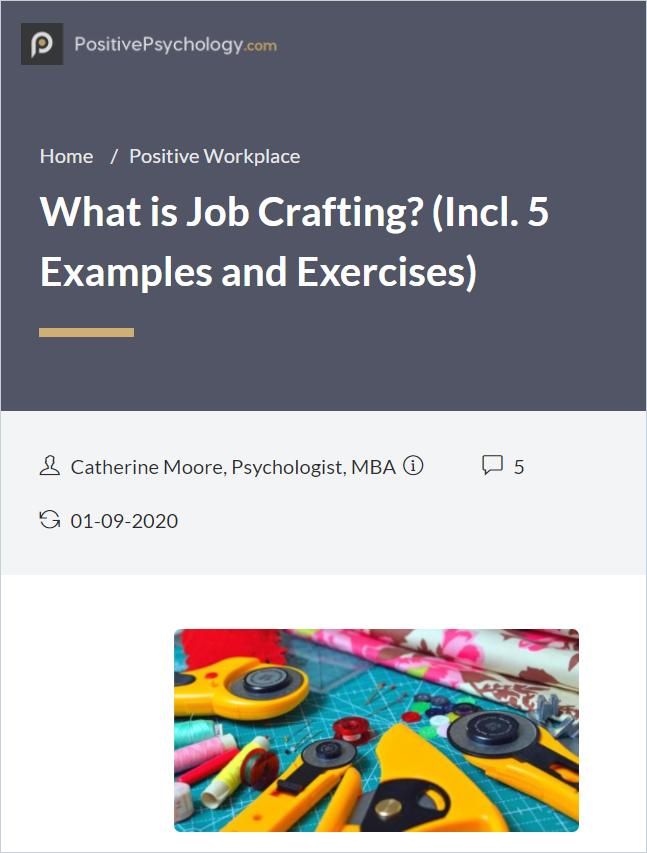Job Crafting: A Skill for the Future

Employees engaged in job crafting shape their work tasks, develop their work relationships and give meaning to their jobs to enhance their personal well-being and job satisfaction.
As the pandemic has banished millions of knowledge workers to their home offices, job crafting is a great way to address personal struggles with motivation. This applies especially to those for whom teamwork and social interactions with co-workers were a primary source of job motivation. These employees will need to find new ways to give meaning to their jobs while stuck at home.
Developing intrinsic job motivation is a central part of job crafting – and an indispensable part of successful remote work. Even workers who may not have felt a need to engage in job crafting prior to the pandemic may come to see it as a sensible career strategy at a time when opportunities for career advancement are limited.
Job crafting is an employee-driven process. Human resources departments can do little to “prevent” people from job crafting. Nor should they. Job crafting often leads to higher employee engagement – and more engaged and happier employees usually also are more productive employees.
Of course, managers will need to step in if an employee pursues values and goals that contradict company strategy. They may also need to intervene if an employee takes on too many extra tasks and is no longer able to fulfill his or her basic job duties – or risks burnout due to overwork.
But an employee who engages in job crafting displays skills and characteristics prized in the economy of tomorrow. If you are an employee, engaging in some job crafting can help future-proof your career. And if you are an employer, remember: Job crafters are keepers!
So let’s discuss some of the characteristics job crafters display while taking ownership of their jobs:
Growth Mind-Set
Job crafters, by demonstrating a willingness to grow and learn instead of being wedded to a fixed job description, demonstrate characteristics of what social scientist Carol Dweck refers to as a growth mind-set. Companies benefit from people who approach work tasks as learning opportunities. According to Dweck, companies embracing a “culture of genius” view talent as fixed or static, whereas companies that support a “culture of development” treat workers’ skills as something that can grow. Dweck’s research shows that morale and performance is higher in cultures of development:
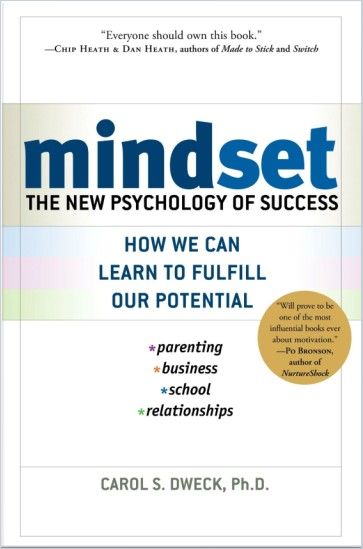
Intrinsic Motivation
It’s hard to motivate someone who doesn’t resonate with a company’s vision. No skilled leader, even if very charismatic, can “make” employees be passionate about their jobs. Intrinsic motivation trumps extrinsic motivation on any day. When employees have their heart in what they do, they will pursue their tasks because it gives them joy and satisfaction, and not because of any anticipated reward or outside pressure.
Study after study has found that paying people handsomely does not result in exceptional performance. Companies need to pay their employees only enough so that salary is no longer a top-of-mind concern. According to motivational expert Daniel Pink, people do their best work when they are mastering their own time, utilizing and improving their skills, or contributing to a greater ideal. Job crafters understand these important truths about human motivation – and naturally turn into more engaged and productive workers:

Focus on Purpose
Job crafters are purpose-seekers. They know that their head and heart need to be in balance in order to thrive at their jobs. And these are exactly the people forward-looking organizations will want to work with. According to management expert Vlatka Hlupic, effective organizations must become “complex adaptive systems” that disperse control broadly and allow leaders to emerge naturally. Instead of giving loyalty to a particular leader, knowledge workers “should avow their allegiance to a set of principles and values,” such as a company’s “ethics, professional codes, legal codes, and the organizational mission and vision.” Organizations that depend on knowledge workers to unleash their creativity and enthusiasm to drive innovation need to put purpose at the center:
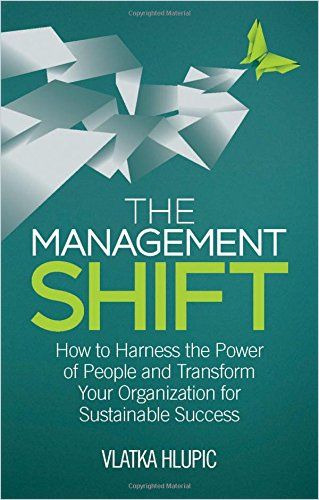
Commitment
Job crafters are not quitters. They are committed to staying at their company but seek ways to make their work more rewarding. Job crafters can thus make excellent candidates for lateral moves within the organization. Indeed, business leaders are increasingly recognizing the value of internal hiring and its benefits for agility, resilience, growth and other measures of business success. Talent acquisition professionals point to retention as the number one benefit of internal hiring. Finding talent within the company takes less time and people who’ve worked at the company before become productive team members more quickly. Retention increases, too, because people who are ready for new challenges will stay if they have new opportunities within the company:
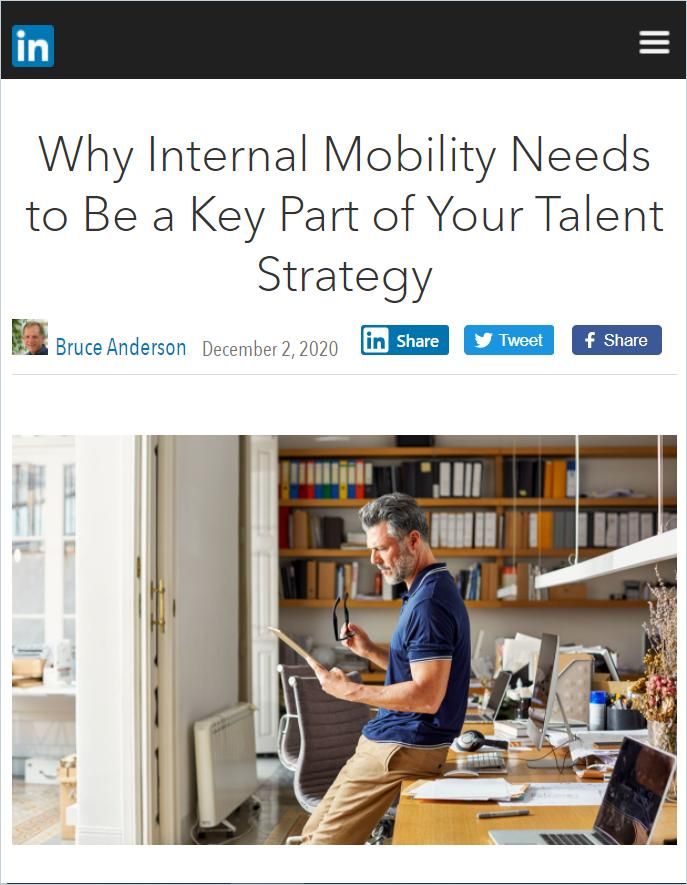
Why Internal Mobility Needs to Be Part of Your Talent Strategy
LinkedInEntrepreneurial Spirit
When job crafters come up with new and creative ways to approach a given work task, they demonstrate entrepreneurial spirit. In a fast-changing world, organizations need all hands on deck to be able to act swiftly and with initiative. “Intrapreneurs” – workers within the organization who bring an entrepreneurial spirit – will contribute creativity, passion, drive and innovation:
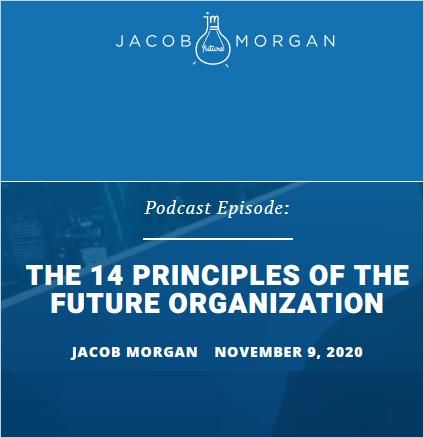
Outside-the-Box Thinking
Job crafters show themselves willing to explore how to bring outside passions, interests and experiences to their jobs. They understand that their job titles alone don’t reflect the full range of their skills.
In The Inside Gig, change management experts Edie Goldberg and Kelley Steven-Waiss call upon leaders to leverage internal talent rather than hiring new talent matching fixed job descriptions. They urge leaders to stop assessing people’s skills by looking at their current roles and job titles, and instead to recognize that employees have additional skills and passions they want to use – and can put to good use if enabled to do so.
Today’s complex work challenges require multidisciplinary approaches and different perspectives. Hence, companies benefit from creating cross-functional, collaborative work teams instead of confining talent to narrow job descriptions. Job crafters are employees who care about more than meeting department objectives and moving up the career ladder. Job crafters demonstrate that they are open-minded to explore other tasks. Motivated by their quest for greater job satisfaction, they will consider sideways moves – exactly the kind of employees 21st-century organizations need:

Emotional Intelligence
Employees engaged in relationship crafting as a way to enhance their well-being at their job demonstrate people skills that are highly valuable to organizations. These skills help individuals and teams collaborate – which is important as coalition building emerges as the model for organizations to be agile and innovative. Companies will want to foster networks that harness the creativity and intellectual power of groups. According to author Daniel Goleman, leaders will want to foster interpersonal network building to boost results:

And New York-based journalist Kara Cutruzzula explains how strong relationships among co-workers lead to more lively, dynamic company cultures:
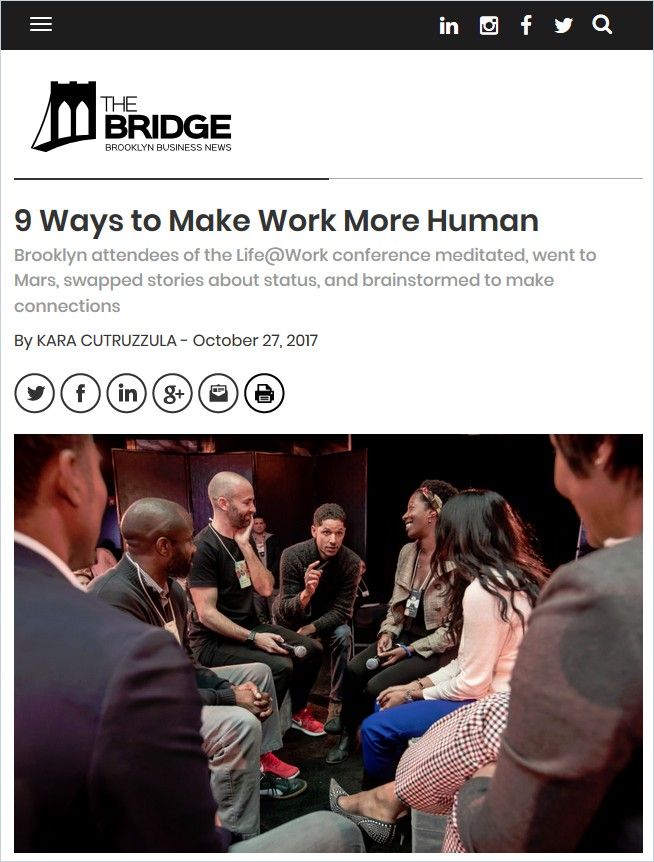
Job crafting is an act of self-care – as well as a smart career development strategy. You will hone skills that are increasingly in demand as organizations adapt to a fast-changing business environment. Plus: Who would not want to keep or hire employees who like what they do?
This article is part two of a focus on job crafting. Click here for part one.

